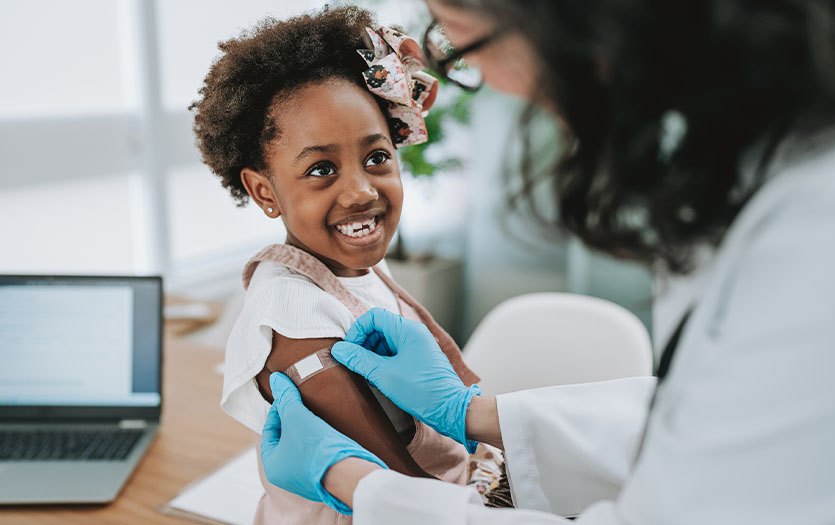
When we sign up to be parents, worrying just comes with the job. But Sarah Brandenberger, MS, CGC, Certified Genetic Counselor, Prenatal Genetic Counseling, Parkview Advanced Perinatal Care Center, is working to reduce some of these concerns by arming parents with powerful knowledge. Here, she shares more about her services, administering preconception and prenatal genetic counseling for growing families.
Q. In regard to family planning, when is the best time to do genetic testing?
The ideal time is at preconception, or before a couple becomes pregnant. Once pregnant, the best time to think about testing is between 11 and 13 weeks. We can go through the family history, answer questions, and offer carrier screening for the parents. Carrier screening looks for recessive conditions, like Cystic Fibrosis or Sickle Cell Disease.
Overall, it is never too late to consider genetics if you have questions or concerns. Our job is to explain all possible options, which includes the option of not doing anything. We are all about helping women really understand all their options so they make the best choice for them.
One thing that I think is amazing is how far genetic testing has come (as well as insurance coverage for genetic testing). For many conditions, we can have a diagnosis while mom is still pregnant using the latest technology. This allows all the care team members to be more prepared, extending through the NICU and to our Pediatric Surgeon. It really enhances the wrap-around care we are striving to provide.
Q. What do you look for or ask about when meeting with a couple?
I like to think of myself as an educator. When people come to my office, they never know what to expect. The term “genetic counselor” seems scary to some. But really, our goal is to help moms and babies be as healthy as possible. We spend a lot of time face-to-face. I start with a pregnancy history, ask about any medications or exposures (tobacco, alcohol, etc.), and take a family tree. I assess for any possible risks to the pregnancy and help families better understand these risks. For example, a woman with epilepsy will likely be on strong medications throughout her pregnancy. I help women understand their medications and encourage them to take healthy vitamins like folic acid their bodies need to promote the health of mom and baby.
If a couple has already had screening tests in pregnancy, it is also my job to explain these and what they mean in terms people can understand. I explain abnormal testing and ultrasound findings to families as well. The feedback I get most is, “Wow, I never really knew what all this meant!” It helps decrease stress when people understand what is happening and know there is a plan tailored just for them.
Q. What are some of the common questions couples have when meeting with you?
Most couples want to know about NIPT testing, or non-invasive prenatal testing. This is a blood test that can be done any time after 10 weeks. It is a screening test for Down syndrome, as well as two more severe conditions caused by an extra chromosome, called Trisomy 18 and Trisomy 13. This testing has up to a 99 percent detection rate. The 0 positive rate is also low, at <1 percent. The testing used in the past, which was used for the last 20+ years, had a 4 percent rate of 0 positives. So, we have come a long way with our screenings. This testing is better because it actually looks at fetal and placental DNA that are in mom’s blood stream. Yes, you read that right. A pregnant woman actually has tiny fetal fragments of DNA in her bloodstream. This is why we are able to do this testing with no risk to the pregnancy. So what is the best part? This testing can also predict fetal sex, or whether the baby is a boy or girl, with 97-98 percent accuracy. Calling out fetal sex to excited moms and dads is one of my favorite parts of the job.
For more information or to pursue genetic counseling, talk to your OB physician about a referral to the Parkview Advanced Perinatal Care Center.
Additional resources.
http://www.nsgc.org/p/bl/et/blogaid=365
http://www.marchofdimes.org/pregnancy/genetic-counseling.aspx



